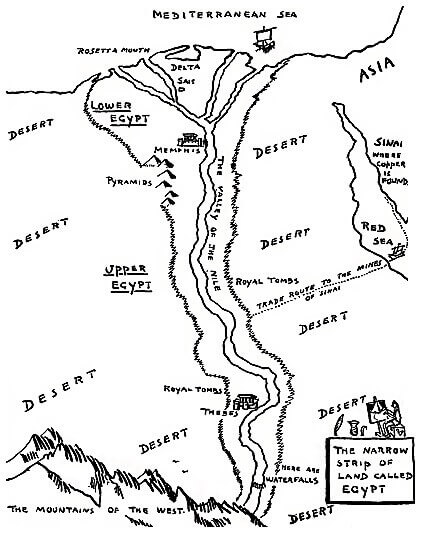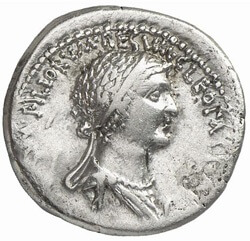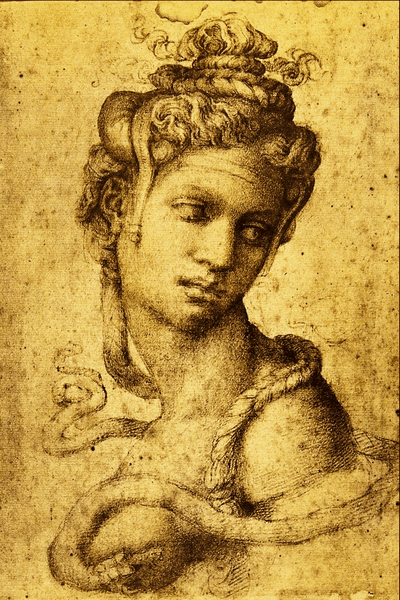 The Story of Mankind Part I
The Story of Mankind
The Story of Mankind Part I
The Story of Mankind


 The Story of Mankind Part I
The Story of Mankind
The Story of Mankind Part I
The Story of Mankind

Study the lesson for one week.
Over the week:
Activity 1: Narrate the Lesson
Activity 2: Study the Cleopatra Coin

Activity 3: Complete Copywork, Narration, Dictation, and Art

Click the crayon above. Complete page 17 of 'World History Copywork, Narration, Dictation, and Art for Third Grade.'
Activity 4: Study and Sketch Cleopatra

Click the crayon above. Complete page 18 of 'World History Copywork, Narration, Dictation, and Art for Third Grade.'
